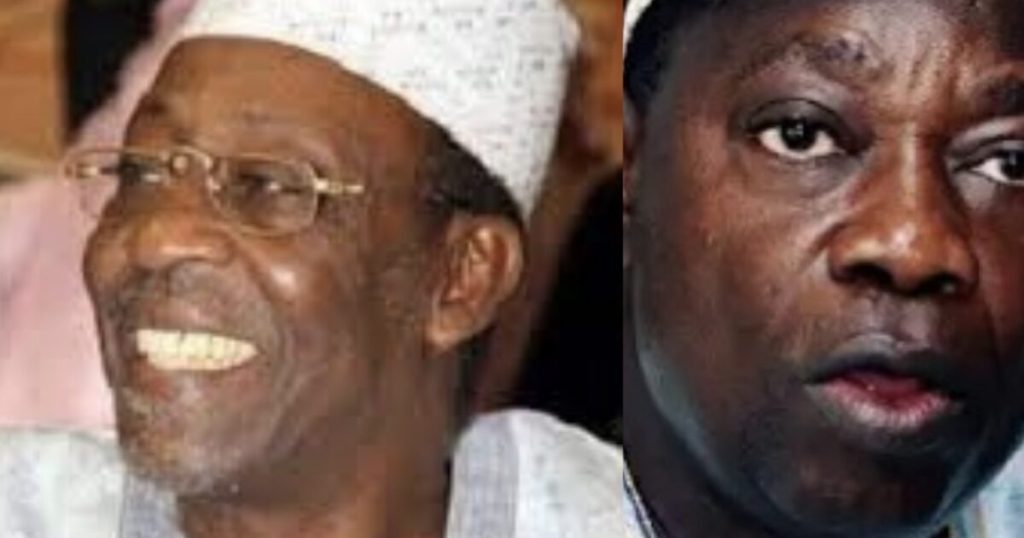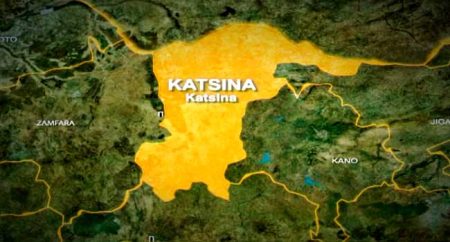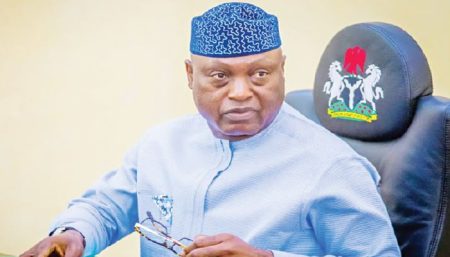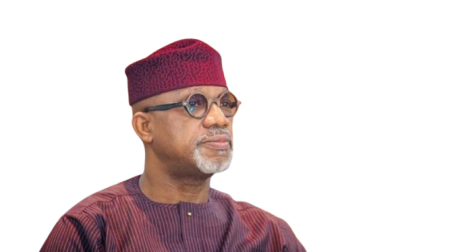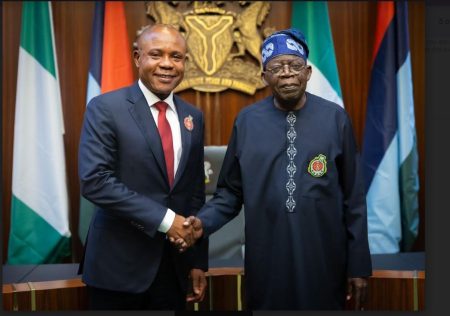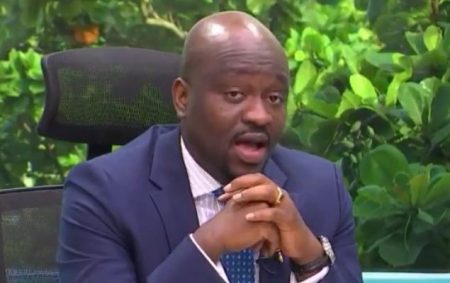The Unintended Choice: Abiola’s Victory and the Yearning for Civilian Rule
The 1993 Nigerian presidential election, etched in history as the nation’s freest and fairest, bore witness to a peculiar phenomenon. Moshood Kashimawo Olawale (MKO) Abiola’s victory, while resounding, was not necessarily a reflection of the populace’s preferred choice. Rather, it symbolized a collective desperation to dismantle military rule. Nigerians, disillusioned with the protracted military regime, rallied behind Abiola as a means to an end, even if he wasn’t their ideal candidate. This revelation, shared by former Minister of Police Affairs, Adams Maina Waziri, unveils a crucial nuance in understanding the historical significance of June 12th. While Abiola’s mandate was undeniable, it was equally a testament to the yearning for democratic governance, a sentiment that superseded individual preferences for specific candidates. Figures like Admu Chiroma, Shehu Musa Yar’adua, and Bamanga Tukur, though arguably more favored by the electorate, were overshadowed by the overarching goal of ousting the military.
The Dokpesi Legacy: A Stabilizing Force in Nigeria’s Political Landscape
Raymond Dokpesi, a prominent figure in Nigeria’s political arena, played a pivotal role in shaping the nation’s political trajectory, particularly during the formative years of the Fourth Republic. Waziri recounted Dokpesi’s instrumental contributions to stabilizing the Peoples Democratic Party (PDP), a critical period in Nigeria’s transition to democratic rule. Dokpesi’s political acumen and strategic interventions helped solidify the party’s foundation and navigate the complexities of a nascent democracy. His influence extended beyond party politics, impacting the broader political landscape through his media ventures and advocacy efforts. The unexpected timing of his passing, coinciding with the symbolic date of May 29th, added a poignant layer to his legacy. This date, designated as "Transition Day" by his political associates, served as a stark reminder of the continuous cycle of change and the enduring impact of figures like Dokpesi on Nigeria’s political evolution.
A Nation in Peril: Corruption, Insecurity, and the Erosion of Public Trust
The current state of Nigeria, marked by pervasive corruption, escalating insecurity, and a widening chasm between the government and the governed, raises grave concerns about the nation’s future. The colloquium in Dokpesi’s honor served as a platform for prominent figures to voice their anxieties about the nation’s trajectory. Yusuf Usman, the guest lecturer, delivered a scathing critique of the Tinubu administration, highlighting the pervasive corruption and the government’s detachment from the plight of ordinary citizens. He lamented the rampant insecurity plaguing the nation, stretching the military thin and leaving the populace vulnerable. Usman’s stark assessment painted a bleak picture of a nation grappling with systemic challenges that threaten its very foundation.
The Burden of Leadership: Accountability and the Imperative of Justice
The criticisms leveled against the Tinubu administration underscore a fundamental challenge in Nigeria’s political landscape: the disconnect between leadership and accountability. The concentration of power and resources within the political elite, coupled with a lack of transparency and accountability, has fostered a culture of impunity. This has eroded public trust in government institutions and fueled widespread discontent. The prevailing insecurity, economic hardship, and social unrest are all symptoms of this deeper malaise. Usman’s call for justice and a more responsive government echoes the sentiments of many Nigerians who feel marginalized and abandoned by their leaders.
Preserving Dokpesi’s Contributions: Documenting a Legacy of Service
Amidst the somber reflections on the state of the nation, a call to action emerged: the imperative to document and preserve the contributions of individuals like Raymond Dokpesi. Waziri urged the organizers of the colloquium to meticulously chronicle Dokpesi’s role in shaping Nigeria’s political landscape, particularly during the crucial period from 1999 to 2023. This documentation would serve as a valuable resource for future generations, offering insights into the challenges and triumphs of Nigeria’s democratic journey. It would also serve as a fitting tribute to Dokpesi’s legacy of service and unwavering commitment to the nation’s progress.
The Irony of Transition: Reflecting on Dokpesi’s Passing
The timing of Dokpesi’s death on May 29th, a date laden with political significance, added a layer of irony to the proceedings. This date, marking the transition of power in Nigeria, became synonymous with Dokpesi’s own transition from this life. Alex Ter Adum, the General Secretary of D-37, highlighted the poignancy of this coincidence, noting the symbolic weight it carried for Dokpesi’s political family and associates. The event, though intimate, served as a powerful testament to Dokpesi’s enduring impact on the lives he touched and the nation he served. The collective mourning for Dokpesi intertwined with the broader anxieties about Nigeria’s future, creating a complex tapestry of grief, reflection, and a renewed call for change.





